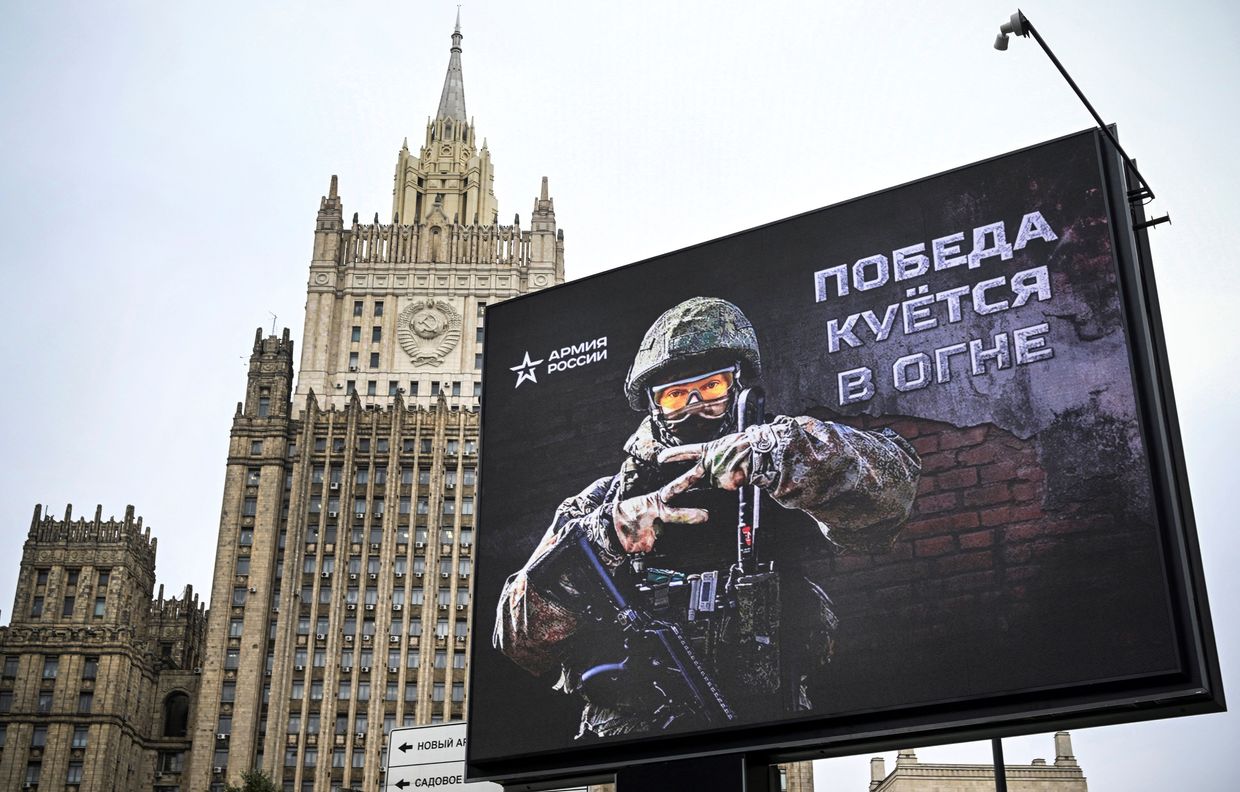Ukraine's incursion brings Russia closer to new mobilization, Bloomberg says

The Russian army is not receiving enough new soldiers to keep up with losses at the front, which are the heaviest since the start of the full-scale invasion in 2022, Bloomberg reported on Aug. 13, citing undisclosed sources "close to the Kremlin and Russian Defense Ministry."
The need to replenish the military reserve became more acute amid Ukraine's incursion in the border areas of Russia's Kursk and Belgorod oblasts.
The situation may force Russia to consider a new mobilization, Bloomberg reported, citing two sources who spoke on the condition of anonymity.
Officials may present it as a rotation to give the military on the front line a rest, and the draft could be announced by the end of this year, according to the sources.
Regional officials are currently unable to meet more a third of their conscription quotas on average, a person familiar with the situation told the media outlet.
The Ukrainian military launched a surprise incursion across the border into Kursk Oblast on Aug. 6, bringing regular Ukrainian forces into Russia for the first time.
Ukraine's Commander-in-Chief, Oleksandr Syrskyi, reported that Ukrainian forces control around 1,000 square kilometers in Kursk Oblast. The Kyiv Independent could not independently verify this claim.
Moscow's inability to quickly repel the Ukrainian attack and regain control of its border revealed a lack of available reserves, part of broader manpower strains felt accross the military.
The deepening shortage of soldiers for the war in Ukraine is prompting Russia to raise conscripts' pay.

Russian dictator Vladimir Putin on July 31 ordered an increase in the sign-on bonus for new military recruits to serve in Ukraine to 400,000 rubles (over $4,600).
The presidential decree effectively doubled the lump-sum payment of 195,000 ($2,260) rubles initially promised to recruits in September 2022.
The increased bonus will be eligible for all Russian citizens and foreigners who signed up for one-year service between Aug. 1 and the end of 2024.
The document says the payment is intended to provide "additional means of social support" for soldiers and their families. It also recommends that Russian occupation authorities in Ukraine offer an additional sum of 400,000 rubles.
Regional authorities across Russia have already begun offering other financial incentives for potential recruits.
The pressure to fill recruitment quotas is so intense that rich regions are luring people from poorer regions to sign contracts with them so they can claim more significant bonuses, one of the sources said.
Some regions are seeking subsidies from the government to help them fulfil Putin's demand because they cannot raise money locally, an official familiar with the situation said.
The scale of Russian losses and insufficient replacement rates are making it increasingly difficult to maintain the current strategy of slowly reversing gains in Ukraine.
Seizing Kyiv and other cities is no longer in discussion, as Russia does not have enough troops, the source told Bloomberg.
The military's demand for men has also led to an accelerating wage race with businesses as the labor shortage in the Russian economy worsens.














